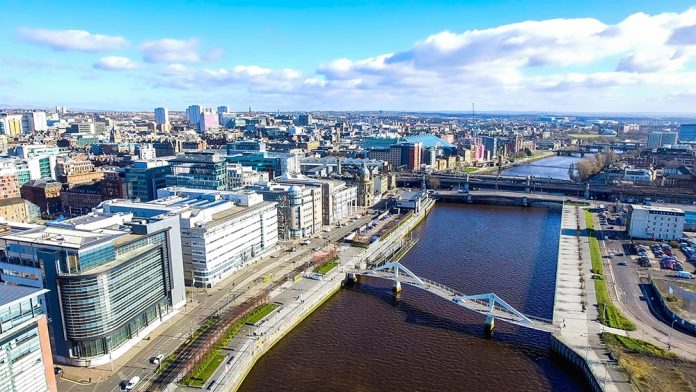This year marks a significant milestone in the rich history of Glasgow, as the city celebrates 850 years since it was granted burgh status in 1173. This pivotal moment not only shaped the town’s identity but also laid the foundations for Glasgow’s growth into one of Scotland’s largest and most vibrant cities.
A historic turning point
The designation of ‘burgh’ was a vital step for any town in medieval Scotland. It signified a level of self-governance, with the right to trade, hold markets, and collect taxes. Glasgow’s elevation to burgh status by King William the Lion marked its emergence as a key player in Scotland’s economic landscape. The granting of this status allowed the city to develop its trade routes, fostering connections not just within Scotland, but also with Europe.
Economic development
As part of the anniversary celebrations, it’s important to reflect on Glasgow’s impressive economic journey. Over the centuries, the city transitioned from a small settlement to an industrial powerhouse during the 19th century, particularly in shipbuilding and manufacturing. According to the website of Glasgow City Council, the city continues to be an economic hub, contributing £13.3 billion to Scotland’s economy annually.
A cultural resurgence
Glasgow’s burgh status also encouraged cultural development. The city is known for its rich artistic and musical heritage, which continues to flourish today. Events like the annual Glasgow Science Festival and the Glasgow International Comedy Festival highlight the city’s commitment to the arts. Additionally, according to Visit Scotland, Glasgow has been named a UNESCO City of Music, underlining its vibrant music scene and hosting renowned festivals throughout the year.
Community celebrations
To commemorate 850 years of history, a series of events are planned across the city throughout 2023. These include exhibitions, parades, and public discussions focused on Glasgow’s heritage and future. Community involvement is a critical component, with local schools and organisations leading various initiatives to educate citizens about the city’s history.
Looking ahead
As Glasgow reflects on its past, the anniversary provides a unique opportunity to envision its future. Modern developments in technology and green initiatives are paving the way for sustainability and innovation, ensuring Glasgow remains at the forefront of urban transformation.
In conclusion, as Glasgow celebrates its 850th anniversary of becoming a burgh, it is essential to acknowledge the journey that has led to its status today. Looking forward, the residents of Glasgow can work together to continue the legacy of this remarkable city.
For more information on the annual celebrations, visit the official Glasgow City Council website or the Visit Scotland page dedicated to the city’s anniversary.







